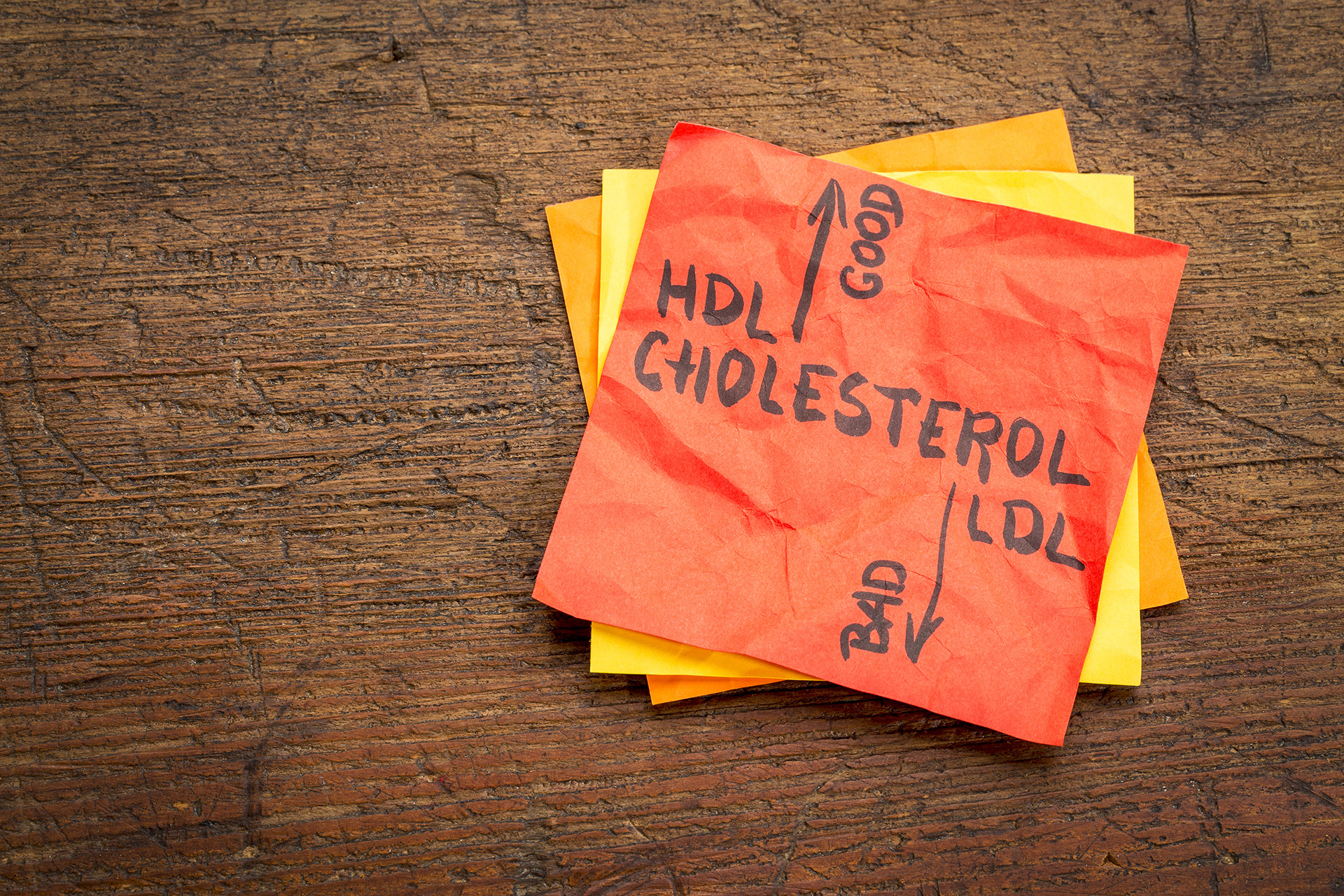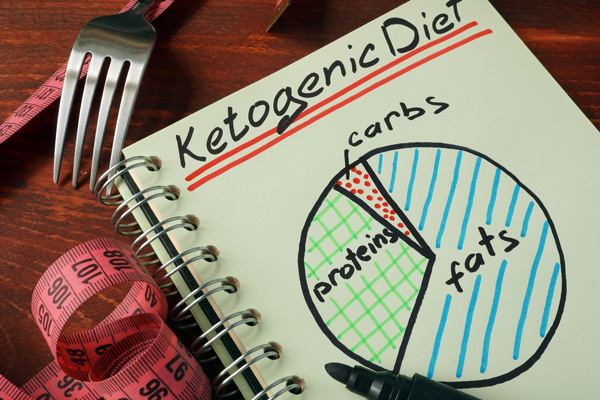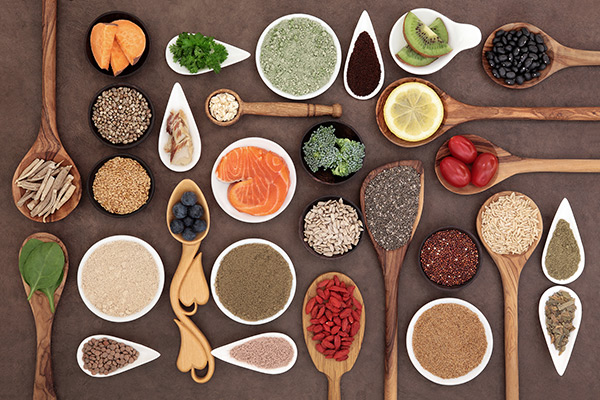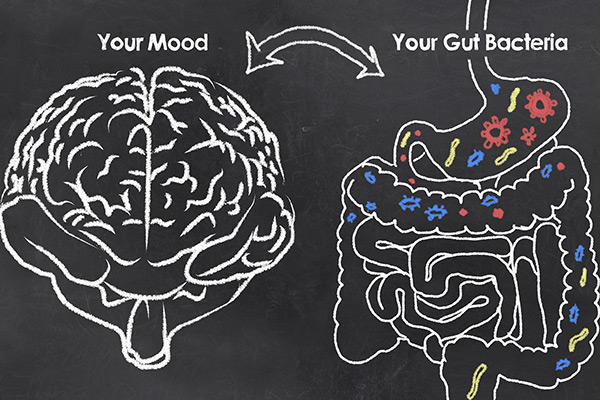
Cholesterol can be described as the most devastating weapon of the last two decades. It was responsible for demonizing entire categories of food (eggs and saturated fats etc) and has been blamed for almost all cases of heart disease in the past 20 years.
You probably know that there are many myths that portray fat and cholesterol as some of the worst foods one can eat. These untruths are really harming your health. Cholesterol not only doesn’t destroy your health, it is also not the only cause of heart disease. And for those taking cholesterol-lowering drugs, keep on reading…
What is cholesterol and why do you need it?
This soft, waxy substance is found not only in the bloodstream, but also in every cell in the body, where it helps to produce cell membranes, hormones, vitamin D and bile acids that help digest fat. Cholesterol also helps in the formation of your memories and is vital for neurological functions.
Your liver produces about 75% of your body’s cholesterol, regardless of what you eat and there are two types:
– High density lipoprotein: HDL is actually a cholesterol-carrying protein, but it is known as the “good” cholesterol, that helps keep cholesterol away from the arteries and remove any excess arterial plaque; this can help to prevent heart disease.
– Low-density lipoprotein: LDL is also a carrier protein, but known as “bad” cholesterol. Its size is very important, because the smaller it is, the worse it is. Whenever we are chronically inflamed we tend to reduce the size of the molecule. It circulates in the blood because it is also related to our immunity and, depending on the degree of inflammation of the arteries (caused by excess sugar in the blood) it can become accumulated in them, forming a plaque that makes them narrow and less flexible (a condition called atherosclerosis). If there is a coagulation in one of those narrow arteries that lead to your heart or brain, a heart attack or stroke may occur.
– Triglycerides: high levels of this dangerous fat have been linked to heart disease and diabetes. Triglyceride levels are known to increase due to the intake of sugars, grains and excessive carbohydrates.
– Lipoprotein</trong< (A): Lp (a) is a substance composed of a part of LDL plus a protein (apoprotein A). Elevated levels of Lp (a) are a very strong risk factor for heart disease.
Your total cholesterol level is NOT an accurate indicator of your risk of developing heart disease.
United States health officials ask everyone over 20 to test their cholesterol once every five years. Part of that test is total cholesterol or the sum of the blood cholesterol content, including HDL, LDLs and VLDLs. The American Heart Association (AHA) recommends that your total cholesterol be less than 200 mg / dL, but what they don’t say is that the total cholesterol level is practically useless for determining your risks for developing heart disease, unless it’s above approximately 330. In addition, the AHA updated its guidelines in 2004, lowering the recommended LDL cholesterol level from 130 to less than 100 or even less than 70 for patients at very high risk.
To reach these dangerously low levels, you will usually need to take several cholesterol-lowering drugs. Therefore, the guidelines instantly increased the market for these dangerous drugs.
Chronic inflammation, if present, is a much more important risk factor for heart disease than total cholesterol.
Cholesterol is your friend, not your enemy
In most western countries, and also here in Brazil, the idea that cholesterol is bad is very much ingrained in society. This is not true! Cholesterol is a vital component of the entire cell membrane. There is no life on Earth that can live without cholesterol. Lowering cholesterol too much increases the risk of dying early. Cholesterol is also a precursor to all steroidal hormones. That is, you cannot produce estrogen, testosterone, cortisone and a host of other vital cholesterol-free hormones.
Mary Enig, Ph.D, a specialist in lipid biochemistry, went so far as to call high cholesterol “an invented disease, or a” problem that arose when healthcare professionals learned to measure blood cholesterol levels. ”
If your cholesterol levels have increased, it is at least in part because of the increased inflammation in your body. Cholesterol is there to do a job: to help your body heal and repair. Conventional medicine totally loses its meaning when it recommends that reducing cholesterol with drugs is the way to reduce the risk of heart attacks, because what is really needed is to deal with what is causing damage to your body – what is leading to increased inflammation and then increased cholesterol.
If your cholesterol is too low…
All kinds of bad things can happen to your body. Remember that each of your cells needs cholesterol to thrive – including those in the brain. A large study by Dutch researchers found that men with chronically low cholesterol levels showed a consistently higher risk of experiencing depressive symptoms. Dozens of studies also point to a connection between low or reduced cholesterol levels and violent behavior. Along the same path: reduced cholesterol levels can lead to reduced serotonin brain activity, which in turn can lead to increased violence and aggression. And a meta-analysis of more than 41,000 patient records found that people who take statins to lower cholesterol as much as possible may be at increased risk of cancer, while other studies have linked low cholesterol to Parkinson’s disease.
Statin drugs:
Just forstarters: they make it impossible for the body to produce Coenzyme Q10 (CoQ10), which is beneficial to heart health and essential for muscle function.
Patients are rarely informed of this risk and are not advised to take a CoQ10 supplement. This exhaustion leads to fatigue, muscle weakness, pain and, eventually, heart failure.
Patients taking statins should, via some supplement, use quality Coenzyme Q10 daily to compensate for this risk.
Other side effects:
– Muscle pain and weakness, a condition called rhabdomyolysis
– Increased risk of polyneuropathy (nerve damage that causes pain in the hands and feet and difficulty walking)
– Dizziness
– Cognitive impairment, including memory loss
– Risk of developing cancer
– Decreased immune system function
– Depression
– Liver problems, including a potential increase in liver enzymes (should be monitored regularly for normal liver function)
– Reduced levels of steroidal hormones (estrogen, testosterone, cortisol, DHEA…)
How does inflammation contribute?
There is a big misconception that you should avoid foods like eggs and saturated fat. This misguided principle is based on the “lipid hypothesis” – developed in the 1950s by nutrition pioneer Ancel Keys – that linked dietary fat to coronary heart disease.
The nutritional community at the time accepted the hypothesis completely and encouraged the public to cut butter, red meat, animal fats, eggs, dairy products and other fats that could clog arteries – a radical change at the time. Government health organizations began to bombard the public with advice that contributed to the diabetes and obesity epidemics that are occurring today: “adopt a low-fat diet”.
Obviously, when we cut nutritious animal fats from our diets, we get hungry. Then, another dietary pattern begins, which uses more processed grains, more vegetable oils and more high fructose corn syrup, which are true nutritional disasters. It is the latter type of diet that will eventually lead to increased inflammation and, therefore, cholesterol, in your body.
Chronic inflammation is actually caused by items like:
– Eating sugar and lots of grains
– Eating trans fats
– Sedentary lifestyle
– Smoke
– Stress
– Changes in the gastrointestinal tract (intestinal dysbiosis)
– Toxins from the environment
– Lack of sleep
– Toxic relationships
– Nutritional deficiencies
– Toxic thoughts
– Trauma
– Genetic predisposition
Some dietary suggestions to naturally lower cholesterol…
Make sure you are getting plenty of high-quality, animal-based omega 3 fats (i.e. wild, coldwater fish, cod oil and fish oils)
Reduce grains and sugars in your daily diet. It is especially important to eliminate dangerous sugars, such as refined sugar, high fructose corn syrup or processed or flour-filled foods.
Eat a large partof your food raw.
Do the right amount of exercise. When you exercise, the circulation and blood flow throughout your body increases, which your brain will be grateful for too.
Avoid smoking and drinking excessive amounts of alcohol.
Limit your stress and incorporate meditation to balance your cortisol (stress) level.
Avoid trans (artificial) fats in your diet at all costs.
Eat healthy fats.
Use good olive oil, eat coconut and coconut oil, drink coconut water.
Organic raw dairy products in moderation (including butter, cream, fresh cream, yellow cheeses, etc.).
Avocados, nuts and raw seeds.
Eggs (lightly cooked with yolks intact or raw).
Organic meat from grass -ed animals.
Use lard or butter (it can be ghee) for cooking.
References:
- Statin use and risk of Parkinson’s disease: A meta-analysis.
- Statins, plasma cholesterol, and risk of Parkinson’s disease: a prospective study.
- Inflammation in Depression and the Potential for Anti-Inflammatory Treatment.
- Statin-Associated Side Effects.
- Gut-brain Axis: Role of Lipids in the Regulation of Inflammation, Pain and CNS Diseases.


